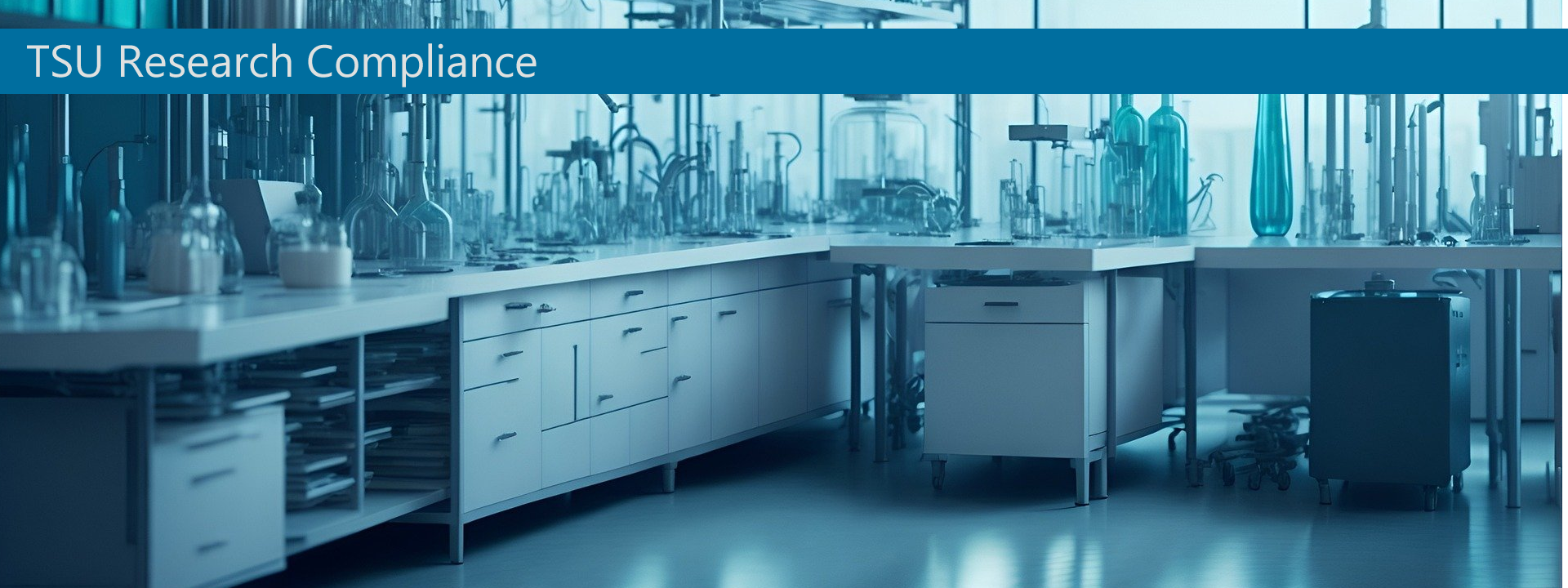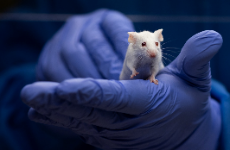- Home >
- TRC >
- Animal Care & Use
Animal Care & Use
"Ensuring Ethical and Humane Care in Animal Research"
The Tennessee State University’s Animal Care and Use Program is dedicated to ensuring the humane and ethical care and use of animals in research, teaching, and testing activities. Our program upholds the highest standards of animal welfare, regulatory compliance, and scientific integrity, aligning with federal, state, and institutional policies.
The program operates under the principles of the 3Rs — Replacement, Reduction, and Refinement — to promote ethical and responsible use of animals while supporting critical scientific advancements. We are committed to fostering a culture of care, respect, and accountability across all disciplines that involve animal activities.
Institutional Oversight
The program is overseen by the Institutional Animal Care and Use Committee (IACUC), a federally mandated body responsible for the review, approval, and ongoing oversight of all animal activities. The IACUC ensures compliance with applicable regulations, including:
-
Public Health Service (PHS) Policy on Humane Care and Use of Laboratory Animals
-
Guide for the Care and Use of Laboratory Animals (National Research Council)
-
Other relevant ethical standards and institutional policies
Program Componets
1. Protocol Review and Approval
All research, teaching, and testing activities involving live vertebrate animals must be reviewed and approved by the IACUC prior to initiation. Protocols are evaluated for scientific justification, species-appropriate procedures, animal welfare considerations, and adherence to humane endpoints.
2. Veterinary Care
The program provides access to a qualified ConsultingVeterinarian (CV) who oversees the medical and surgical care of animals. Veterinary services include preventive medicine, diagnosis and treatment of illnesses, guidance on anesthesia and analgesia, and consultation on humane endpoints.
3. Animal Housing and Husbandry
Animals are housed in university-managed facilities that meet or exceed standards for space, environment, and enrichment as outlined in the Guide for the Care and Use of Laboratory Animals. Regular facility inspections are conducted to ensure optimal living conditions.
Key areas include:
-
Species-specific housing
-
Environmental enrichment
-
Sanitation and biosecurity
-
Daily health monitoring
4. Training and Education
All personnel involved in animal activities must complete mandatory training on the ethical use of animals, animal handling, biosafety, and research-specific procedures. The university offers:
-
Animal Care and Use Orientation
-
Species-specific handling and care workshops
- Ongoing continuing education opportunities
5. Monitoring and Inspections
The IACUC conducts semi-annual program reviews and facility inspections to assess compliance with regulations and institutional policies. In addition to formal inspections, post-approval monitoring (PAM) ensures that approved protocols are followed, and corrective actions are taken when necessary.
6. Reporting Concerns
The University encourages the reporting of any concerns related to animal welfare. Reports can be made anonymously and without fear of retaliation. All reported concerns are investigated promptly and thoroughly in accordance with university policies and federal regulations.
7. Emergency Planning
Contingency plans are in place for emergencies, including animal care during disasters, facility outages, and veterinary care emergencies. Staff are trained to respond to these events to ensure animal well-being at all times.
Commitment to Ethical Research
The Animal Care and Use Program is essential to the University’s mission of conducting responsible and impactful research. Through robust oversight, education, and continuous improvement, we strive to ensure that all animal activities are conducted with compassion, scientific rigor, and regulatory compliance.



